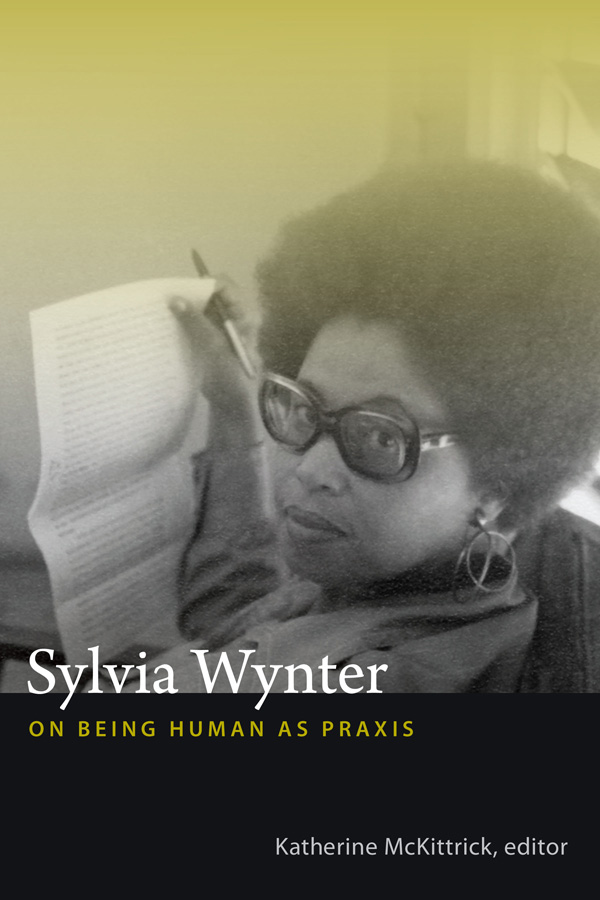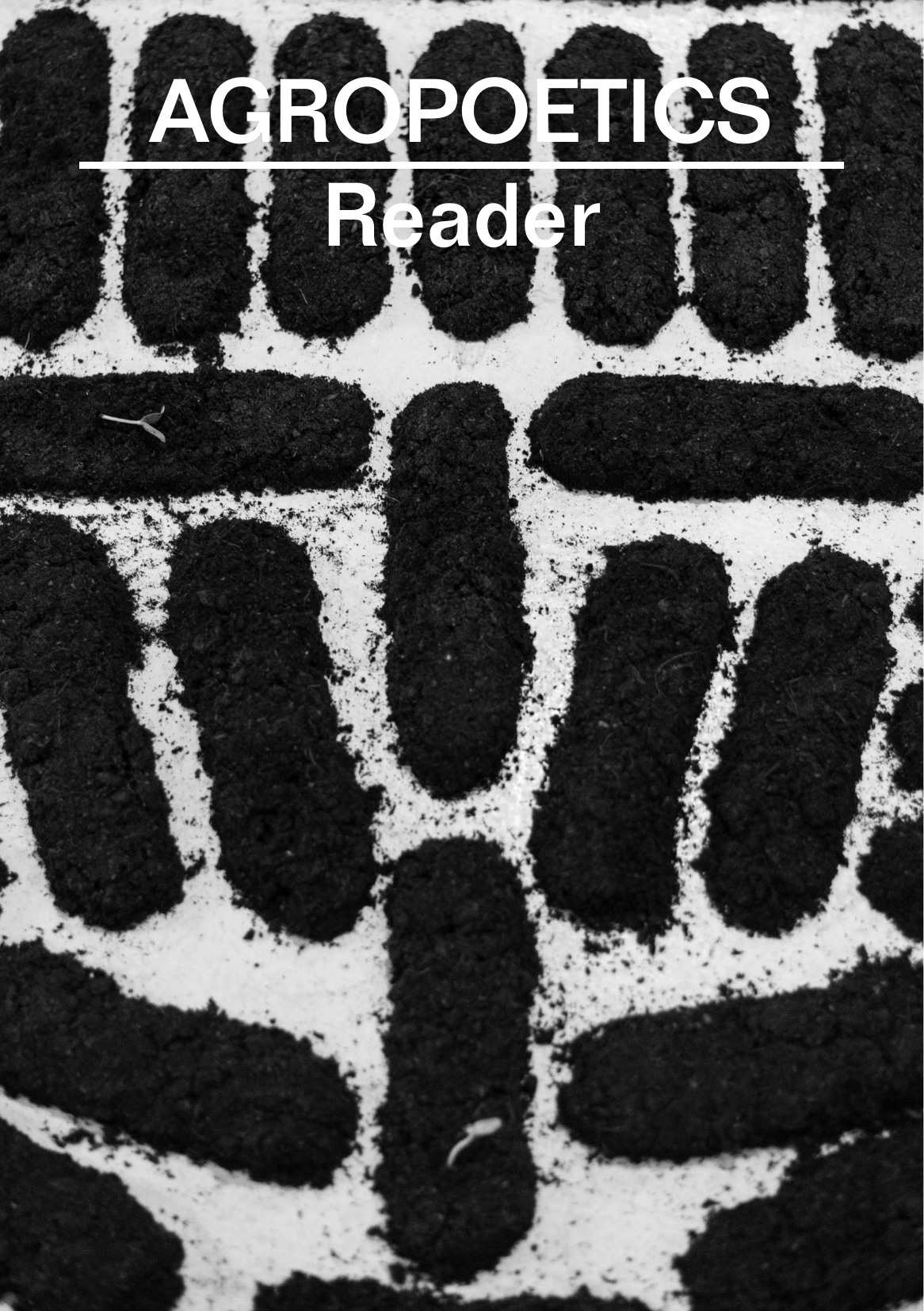October, 174: A Questionnaire on Decolonization (2020)
Filed under survey | Tags: · activism, art, black people, collecting, colonialism, decoloniality, decolonization, eurocentrism, history, imperialism, indigenous peoples, land, museum, postcolonialism, race, slavery, violence
“The term decolonize has gained a new life in recent art activism, as a radical challenge to the Eurocentrism of museums (in light of Native, Indigenous, and other epistemological perspectives) as well as in the museum’s structural relation to violence (either in its ties to oligarchic trustees or to corporations engaged in the business of war or environmental depredation). In calling forth the mid-twentieth-century period of decolonization as its historical point of reference, the word’s emphatic return is rhetorically powerful, and it corresponds to a parallel interest among scholars in a plural field of postcolonial or global modernisms. The exhortation to decolonize, however, is not uncontroversial-some believe it still carries a Eurocentric bias. Indeed, it has been proposed that, for the West, de-imperialization is perhaps even more urgent than decolonization.
What does the term decolonize mean to you in your work in activism, criticism, art, and/or scholarship? Why has it come to play such an urgent role in the neoliberal West? How can we link it historically with the political history of decolonization, and how does it work to translate postcolonial theory into a critique of the neocolonial contemporary art world?”
Respondents include Nana Adusei-Poku, Brook Andrew, Sampada Aranke, Ian Bethell-Bennett, Kader Attia, Andrea Carlson, Elise Y. Chagas, ISUMA, Iftikhar Dadi, Janet Dees, Nitasha Dhillon, Hannah Feldman, Josh T. Franco, David Garneau, Renee Green, Iman Issa, Arnold J. Kemp, Thomas Lax, Nancy Luxon, Nelson Maldonado-Torres, Saloni Mathur, Tiona Nekkia McClodden, Alan Michelson, Partha Mitter, Isabela Muci Barradas, Steven Nelson, Ugochukwu-Smooth C. Nzewi, Alessandro Petti, Paulina Pineda, Christopher Pinney, Elizabeth Povinelli, Ryan Rice, Andrew Ross, Paul Chaat Smith, Nancy Spector, Francoise Verges, Rocio Zambrana, and Joseph R. Zordan.
Edited by Huey Copeland, Hal Foster, David Joselit, and Pamela M. Lee
Publisher MIT Press, Fall 2020
Open access
ISSN 0162-2870
123 pages
Sylvia Wynter: On Being Human as Praxis (2015)
Filed under book | Tags: · black people, blackness, body, colonialism, consciousness, creolization, human, human ecology, indigenous peoples, knowledge, land, migration, modernity, philosophy, race, racism, representation, slavery, territory, theory, violence

“The Jamaican writer and cultural theorist Sylvia Wynter is best known for her diverse writings that pull together insights from theories in history, literature, science, and black studies, to explore race, the legacy of colonialism, and representations of humanness. Sylvia Wynter: On Being Human as Praxis is a critical genealogy of Wynter’s work, highlighting her insights on how race, location, and time together inform what it means to be human. The contributors explore Wynter’s stunning reconceptualization of the human in relation to concepts of blackness, modernity, urban space, the Caribbean, science studies, migratory politics, and the interconnectedness of creative and theoretical resistances. The collection includes an extensive conversation between Sylvia Wynter and Katherine McKittrick that delineates Wynter’s engagement with writers such as Frantz Fanon, W. E. B. DuBois, and Aimé Césaire, among others; the interview also reveals the ever-extending range and power of Wynter’s intellectual project, and elucidates her attempts to rehistoricize humanness as praxis.”
Essays by Katherine McKittrick, Denise Ferreira da Silva, Walter D. Mignolo, Bench Ansfield, Nandita Sharma, Rinaldo Walcott, Carole Boyce Davies, Demetrius L. Eudell, and a conservation with Sylvia Wynter.
Edited by Katherine McKittrick
Publisher Duke University Press, Durham and London, 2015
ISBN 9780822358343, 0822358344
xiii+290 pages
Reviews: Anthony Bayani Rodriguez (Antipode, 2015), Lea Hülsen (Kult, 2016), Kaiama L. Glover (Contemporary Women’s Writing, 2016), Inge Mathijssen (philoSOPHIA, 2018), Lauren Nelson (E3W Review of Books, 2019).
Comment (0)Agropoetics Reader (2020)
Filed under book | Tags: · agriculture, anthropocene, art, colonialism, commons, decolonization, ecology, feminism, land, poetics

“The Agropoetics Reader unfolds as a collection of texts that informed, grounded, and nourished Soil Is an Inscribed Body. In this context of reflections and cogitations about the epistemic violence perpetrated by the West against other forms of knowledges, the project examines anti-colonial struggles of past and current land conflicts across the world in order to address the invasiveness of neo-agro-colonialism and its extractivist logics.”
With contributions by Bengi Akbulut, Yemisi Aribisala, Marwa Arsanios, Luis Berríos-Negrón, Filipa César, Marisol de la Cadena, Ayesha Hameed, INLAND, Mijo Miquel, Asuncíon Molinos Gordo, Huying Ng, Maria Ptqk, Maria Puig de la Bellacasa, Silvia Rivera Cusicanqui, Bouba Touré, Mirellle and Jennifer in conversation with Alex Ungprateeb Flynn, Hervé Yamguen, and the editors.
Edited by Elena Agudio, Marleen Boschen, and Lorenzo Sandoval, with Onur Çimen and Cleo Wächter
Publisher Institute for Endotic Research Press, Berlin, with Savvy Contemporary, Berlin, 2020
Open access
ISBN 9783981951264
235 pages

